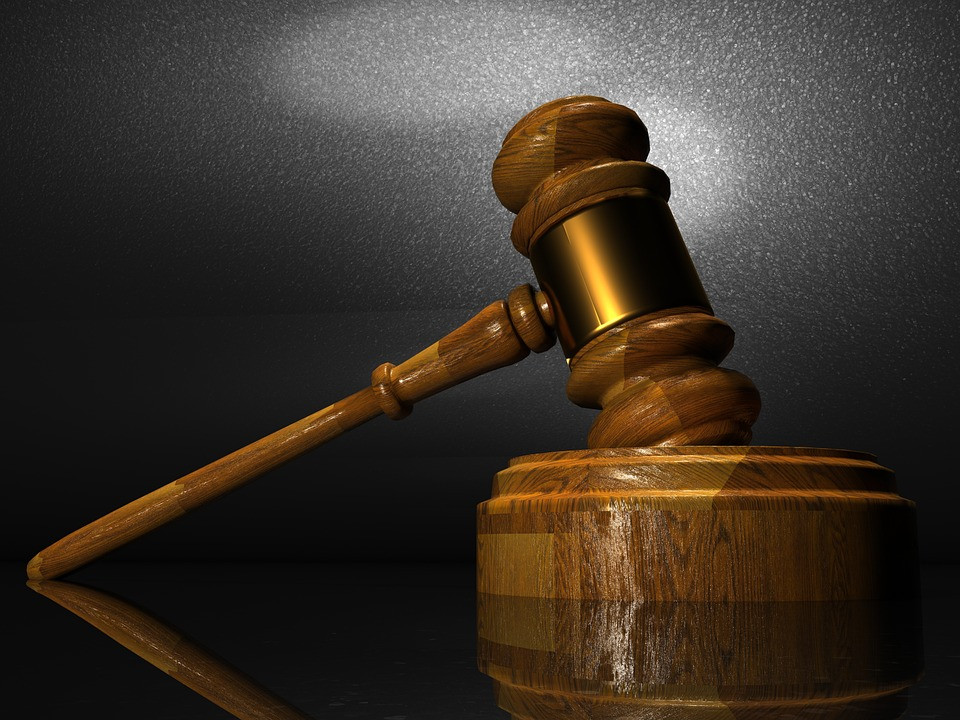
Q: Our dad was 64. He was driving when a truck went through a red light and slammed into his car. He was unconcious for two days, then woke. We thought he would recover, but he died three days later. The medical bills are very large. Two questions: First, what damages can be sought on his behalf?
S.J.,Torrance
Ron Sokol
A: I am very sorry to read of this situation. Based on your description, the focus is a “survival action,” which provides for claims that belonged to the decedent (your dad) before his death. It is covered by California Code of Civil Procedure Section 337.34, and is different from claims that survivors (such as yourself) may also have based on a wrongful death claim. Both causes of action can be brought in one lawsuit, if the parties so choose.
The survival action is brought on behalf of the decedent by a successor in interest, or other suitable representative. It typically arises when some time passed, even if modest, between the wrongful event and the individual’s death. The recoverable damages include pre-death pain, suffering and disfigurement (note, this is a very recent change in the law), as well as economic damages such as for medical expenses, damaged or lost personal property, and wages that accrued prior to death. In certain instances, punitive damages may be sought, which differentiates a survival claim from a wrongful death action, because punitive damages are not recoverable in a wrongful death case except in very limited circumstances.
Given the sensitivity and nuances of the situation, including the recent change to CCP Section 337.34, I encourage you to consult with a qualified attorney.
Q: Second question, on what grounds can punitive damages be sought?
S.J., Torrance
Related Articles
What if jury duty causes real economic hardship? Ask the lawyer
Together many years, but not married. So what are our rights? Ask the lawyer
Can a Fitbit be used as evidence? Ask the lawyer
How can I fight a speeding ticket? Ask the lawyer
A: In the survival action, punitive damages can be sought if there is clear and convincing evidence that the defendant is guilty of oppression, fraud or malice (bottomline: particularly egregious misconduct). Further, it is necessary that the decedent incurred an economic loss, even if very modest, which may be something like damaged clothes.
Punitive damages in a survivor action are available based upon the cause or causes of action the decedent would have had if he or she had survived. A well-known civil case in this regard is Rufo v Simpson (2001), where $25 million in punitive damages were assessed against O.J. Simpson in favor of certain parties.
Ron Sokol has been a practicing attorney for over 35 years, and has also served many times as a judge pro tem, mediator, and arbitrator. It is important to keep in mind that this column presents a summary of the law, and is not to be treated or considered legal advice, let alone a substitute for actual consultation with a qualified professional.
